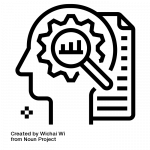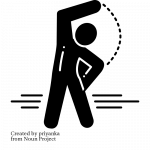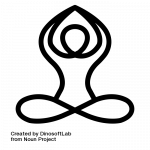The prevalence of metrics in the assessment of research, researchers and research institutions has lead to the development of several initiatives that seek to encourage the responsible use of metrics. Responsible use of metrics principles recognise that while there is a place for quantitative measures in assessment, they shouldn’t replace qualitative assessment. This chapter provides an overview of developments in the responsible metrics space.

Getting Started
There are a number of responsible use of metrics initiatives, including:
- DORA (San Francisco Declaration on Research Assessment is a set of recommendations, for funders, publishers, institutions, researchers and metrics suppliers, developed during the Annual Meeting of The American Society for Cell Biology (ASCB) in San Francisco, on December 16, 2012.
- The Metric Tide, published in 2015, which is the report of the Independent Review of the Role of Metrics in Research Assessment and Management. It outlines five principles for the responsible use of metrics in research assessment.
- The Leiden Manifesto, named after the conference where it was developed and published Nature in 2015. It posits 10 principles to guide research evaluation.
- The Hong Kong Principles for Assessing Researchers were developed at 6th World Conference on Research Integrity and published in PLOS Biology in 2020.




